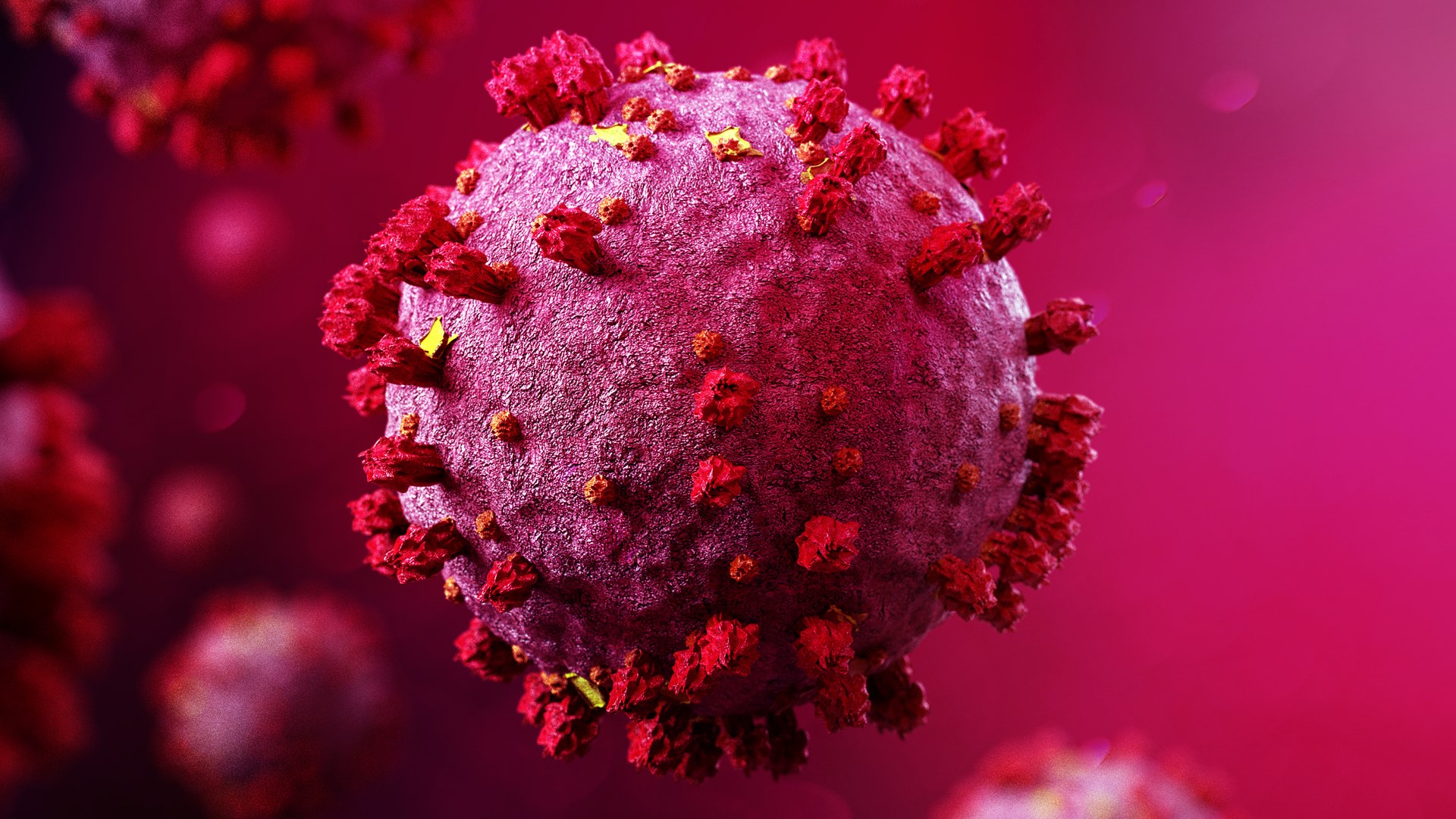COLUMBIA, S.C. — COVID-19 cases have increased since Thanksgiving, according to the S.C. Department of Health and Environmental Control, and experts say they could continue to increase.
Christmas can be one of the happiest times of the year for many, and this year, many families will return to in-person or larger gatherings.
Experts say there are some things families can do to keep safe. Although, it's the after-effects of the holidays that has some health experts concerned.
Assistant State Epidemiologist Dr. Jane Kelly is urging people, no matter their vaccination status, to get tested for COVID before seeing friends and family.
"The week before Thanksgiving, we started seeing a small increase. Since then, we have continued to see an upward trend," Kelly said. Hospitalizations are also on the increase."
“If you are gathering with older adults, who the vaccine may not have taken as well, or children under five who can’t get vaccinated because there isn’t a vaccine available, one of the things you can do is get tested right before you gather together.” Kelly said.
Kelly says at-home rapid tests are available from pharmacies and can give you an answer within minutes. However, Kelly warns those kits aren’t always accurate.
“If you have symptoms and the rapid test is positive, you can be sure that’s a real positive. If you have symptoms and the rapid test is negative, sometimes the rapid test misses some, so I highly recommend you get a PCR test."
Kelly says testing slows the spread of COVID-19. "Omicron variant, when it hits in South Carolina, it’s going to have an impact with having more cases."
Family doctor John Ropp says he's seeing the virus affect families or those that gathered for the Thanksgiving weekend.
"What I noticed at my practice was a lot of folks came back three to four days later into the office, complaining of respiratory infections, a lot of sinuses, ear infections, sore throats, bronchitis, you name it," said Dr. Ropp.
"We are seeing a few pockets, and whenever they show up in a household, it seems like it goes through the household more like a typical virus," Ropp said.
The best advice from health experts is to get tested and, if you’re at least 18, it’s advised you get a booster shot.

